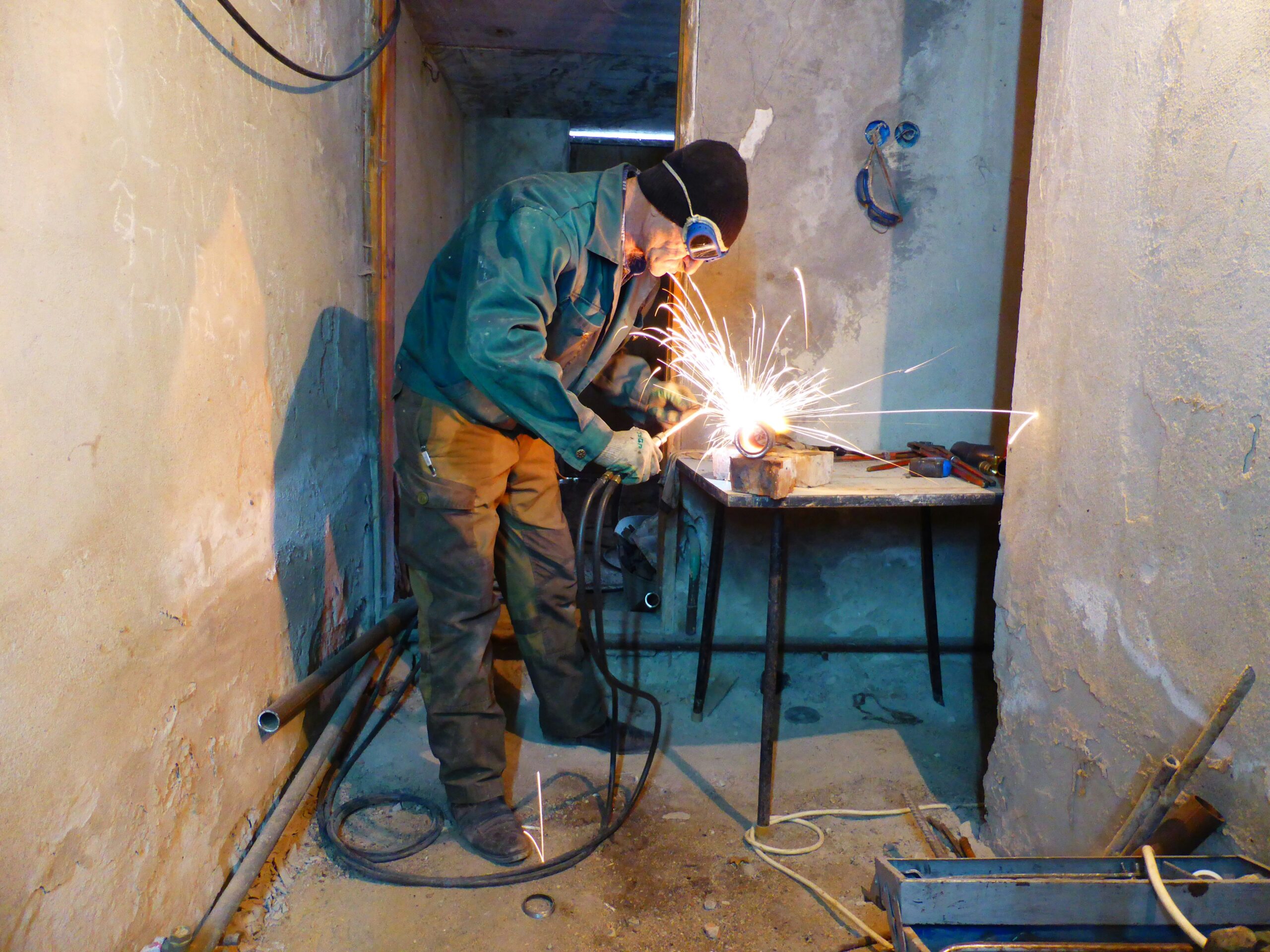
In a concerning development, over 300 cases of silicosis have been confirmed among California countertop workers, with at least 14 fatalities and 26 individuals requiring lung transplants. This alarming trend highlights the severe health risks associated with artificial stone fabrication, an industry that has rapidly expanded over the past two decades. Despite its popularity for creating durable and stylish countertops, engineered stone poses a severe occupational hazard due to the high silica content present in these materials.
The Silicosis Epidemic
Silicosis, a debilitating and irreversible lung disease, is caused by inhaling fine silica dust, which scars lung tissue and reduces the ability to breathe over time. Unlike traditional stone materials such as granite or marble, artificial stone contains up to 90% silica, making its dust particularly hazardous when cut, ground, or polished. The condition has historically affected miners and construction workers, but the surge in cases among countertop fabricators signals an industry-wide crisis.
The Challenges of Silicosis
Symptoms of silicosis can take years to appear, making early detection difficult. Many workers only seek medical attention when they experience severe shortness of breath, persistent cough, or fatigue. In advanced cases, silicosis can lead to respiratory failure, necessitating lung transplants or resulting in premature death.
Industry Response and Search for Safer Alternatives
The growing awareness of silicosis among artificial stone fabricators has led to increasing calls for change within the industry. Employers are being urged to implement more effective protective measures, such as enhanced ventilation, wet-cutting techniques, and the use of personal protective equipment (PPE) like respirators. However, compliance has been inconsistent, and many workers continue to face unsafe conditions.
Worker’s Push for Bans and More Strict Regulation
To address the crisis, some manufacturers are exploring lower-silica alternatives, including porcelain and recycled glass surfaces, which produce less hazardous dust when processed. However, these materials have yet to gain widespread adoption due to cost and availability concerns. Worker advocacy groups are pushing for a complete ban on high-silica artificial stone, following the lead of countries such as Australia, which is considering strict regulatory measures to prevent further harm.
Legal Actions and Advocacy
The rising number of silicosis cases has prompted legal action against artificial stone manufacturers and employers who fail to protect their workers. Lawsuits are being filed by affected workers and their families, alleging negligence in workplace safety practices and failure to provide adequate health protections. Legal experts argue that companies should be held accountable for exposing employees to deadly levels of silica dust without proper safeguards in place.
Calls for Better Training and Limit Enforcement
Regulatory bodies, including the Occupational Safety and Health Administration (OSHA), are also under pressure to enforce stricter silica exposure limits and improve oversight in the artificial stone fabrication sector. Advocacy groups are calling for comprehensive reforms, including mandatory worker training, regular medical screenings, and stricter penalties for non-compliance.
Health Implications Beyond the Workplace
While the immediate effects of silicosis are most visible among workers, the consequences of prolonged silica exposure extend beyond the workplace. Families of affected workers also suffer the emotional and financial burdens associated with long-term medical care, disability, and loss of income. Many workers diagnosed with silicosis are in their 30s and 40s, facing shortened life expectancies and the inability to continue working in their trade.
Airborne Contamination in Residential Areas
Communities with a high concentration of countertop fabrication shops may also face secondary health risks due to airborne silica dust contamination. Without proper dust containment measures, surrounding residential and commercial areas may experience increased silica exposure, posing a wider public health concern.
International Bans and What the U.S. Can Learn
Several countries have taken proactive steps to combat the rising cases of silicosis among artificial stone workers. Australia is on the verge of implementing a full ban on high-silica engineered stone products, following in the footsteps of nations that have restricted or phased out these materials in favor of safer alternatives.
The Need for Decisive Action
The U.S. can learn from these international efforts by strengthening workplace regulations, funding research into alternative materials, and providing incentives for companies to transition away from hazardous engineered stone. Without decisive action, the American artificial stone industry risks falling further behind in worker safety standards compared to its global counterparts.
Taking Action: A Call for Industry-Wide Reform
The rapid rise of silicosis among artificial stone fabrication workers underscores the urgent need for industry-wide reforms. As awareness grows, it is critical for manufacturers, employers, and regulators to take meaningful action to protect workers from preventable exposure to deadly silica dust.
Making Crucial Steps
Implementing safer materials, enforcing strict safety protocols, and supporting affected workers are crucial steps toward addressing this public health crisis. The lives of hundreds, if not thousands, of workers depend on immediate and decisive action to mitigate the devastating impact of silicosis in the artificial stone industry.
Advocate for Change in the Artificial Stone Industry
For industry professionals, policymakers, and concerned citizens, now is the time to advocate for change. Share this information, support legislation that prioritizes worker safety, and demand accountability from manufacturers and employers. Together, we can push for a safer, more responsible approach to countertop fabrication—before more lives are lost.
Seeking Legal Help? Contact Brayton Purcell LLP
If you or a loved one has been diagnosed with silicosis due to exposure to artificial stone, you may be entitled to legal compensation. The silicosis injury attorneys from Brayton Purcell LLP have decades of experience advocating for workers harmed by occupational hazards and is committed to holding negligent manufacturers and employers accountable. Our team understands the devastating impact of artificial stone silicosis and is prepared to fight for the justice and financial support you deserve. Contact Brayton Purcell LLP today for a free consultation, your health and future are too important to face this battle alone. Call us now at (800) 361-2417 or read more about our court successes to learn more.
To view our full press release, click here.